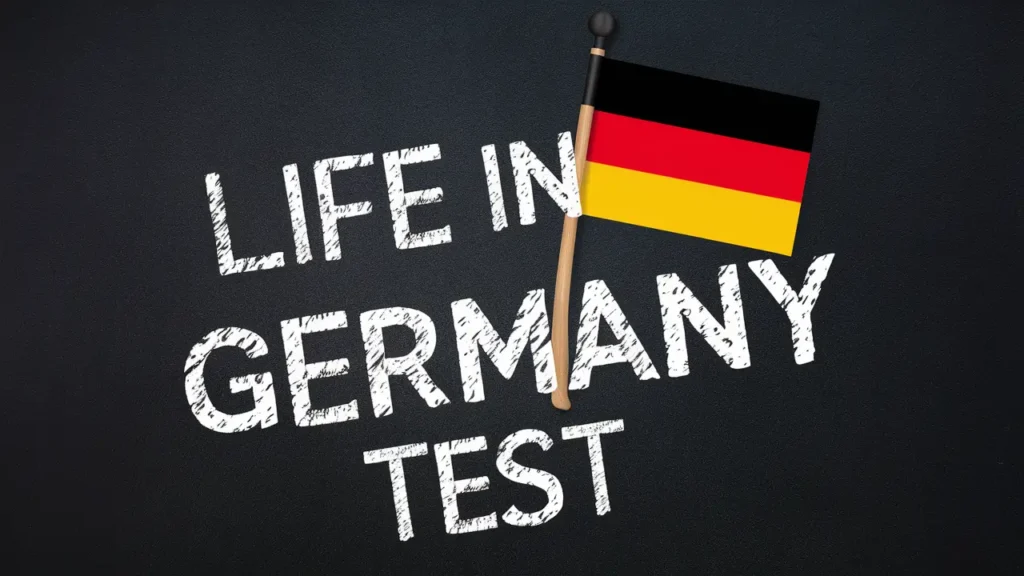
The German National Anthem:
A Symbol of Unity and Democracy
The German national anthem, known as “Das Deutschlandlied” or “The Song of Germany,” has a rich history that reflects the nation’s journey through turbulent times to its current status as a beacon of democracy in Europe. As we delve into the story behind this powerful symbol of German identity, we’ll explore its origins, controversies, and its place in modern German society.
The Deutschlandlied has its roots in the 19th century when Germany was still a patchwork of independent states. Written in 1841 by August Heinrich Hoffmann von Fallersleben, the lyrics were elegantly paired with a melody by Joseph Haydn. Though the anthem originally included three verses, today the third verse stands as a cherished symbol of unity and national pride.
The journey of the German national anthem reflects the nation’s evolving history. After World War II, there was thoughtful discussion about its future due to its past associations. In 1952, the anthem was happily reinstated, proudly highlighting the third verse that celebrates unity, justice, and freedom.
These values aren’t just lyrics in a song; they’re foundational principles that shape modern German society. This is proudly reflected in Germany’s updated citizenship law, which took effect in 2023.
The new law permits multiple citizenships and shortens the residency requirement for naturalization from eight to five years. This change underscores Germany’s commitment to openness and inclusivity, values that resonate with the current version of the German national anthem.
Lyrics of the German National Anthem (Deutsche Nationalhymne)
Einigkeit und Recht und Freiheit
Für das deutsche Vaterland!
Danach lasst uns alle streben
Brüderlich mit Herz und Hand!
Einigkeit und Recht und Freiheit
Sind des Glückes Unterpfand:
Blüh im Glanze dieses Glückes,
Blühe, deutsches Vaterland!
English Translation:
Unity and justice and freedom
For the German fatherland!
Let us all strive for this
Brotherly with heart and hand!
Unity and justice and freedom
Are the pledge of happiness:
Flourish in the radiance of this happiness,
Flourish, German fatherland!
The Deutsche Nationalhymne emphasizes unity, justice, and freedom, aligning with the new citizenship law. Both the anthem and the law highlight Germany’s commitment to fostering diversity and inclusivity. They also maintain a strong sense of national identity.
Learning the “Deutschlandlied” is often part of integration courses for immigrants seeking citizenship. Understanding the anthem’s significance and singing it are important steps in embracing German culture and values.
As Germany evolves and welcomes diverse backgrounds, the national anthem remains a powerful symbol of its ideals. It reminds the country of its past and serves as a beacon for its future. The anthem embodies the principles that guide modern German society.
The German national anthem is more than just a song; it’s a living testament to Germany’s journey and its aspirations. As the nation moves forward, embracing diversity and fostering unity, the anthem’s message of “Einigkeit und Recht und Freiheit” (unity and justice and freedom) continues to resonate, inspiring both citizens and newcomers alike.
